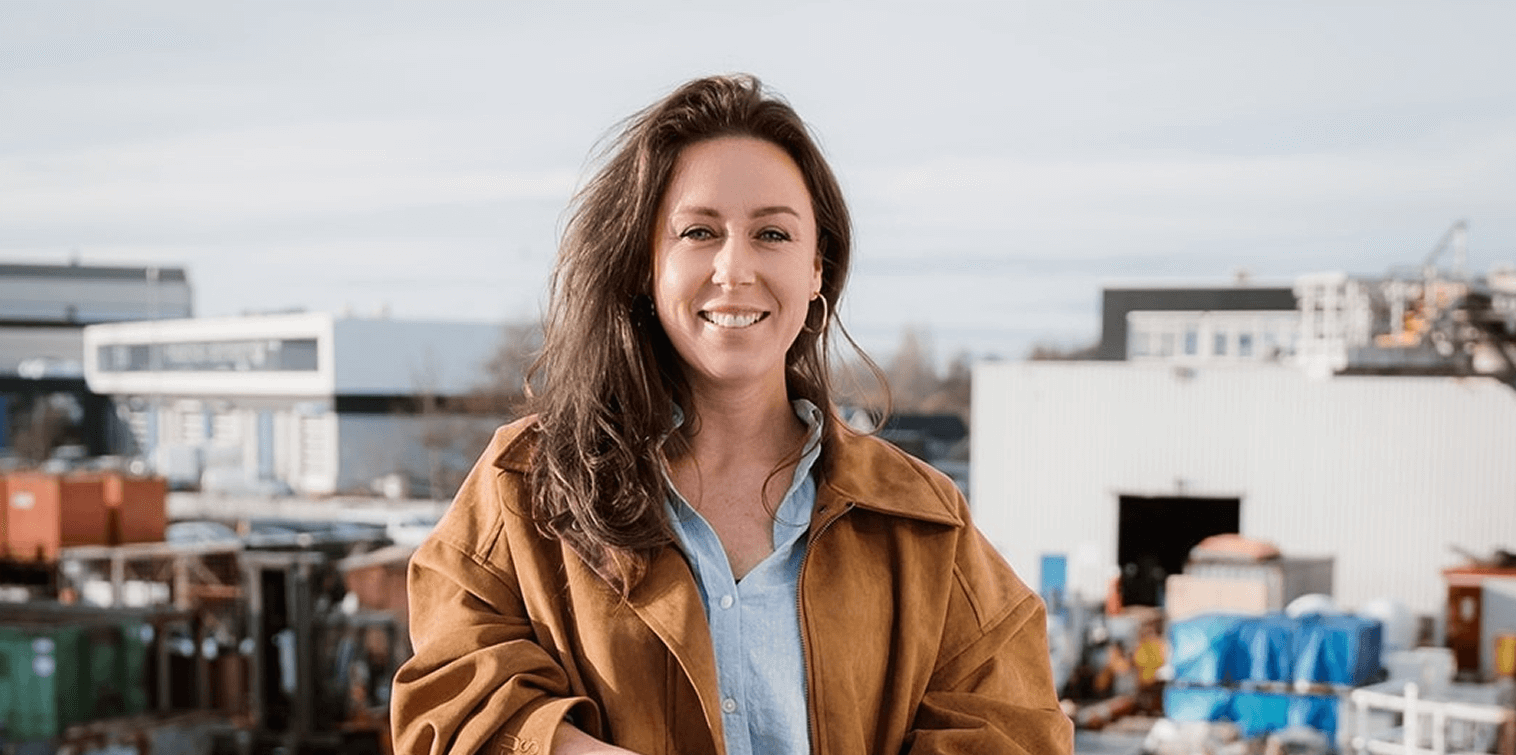Biofuels for the maritime industry in Rotterdam
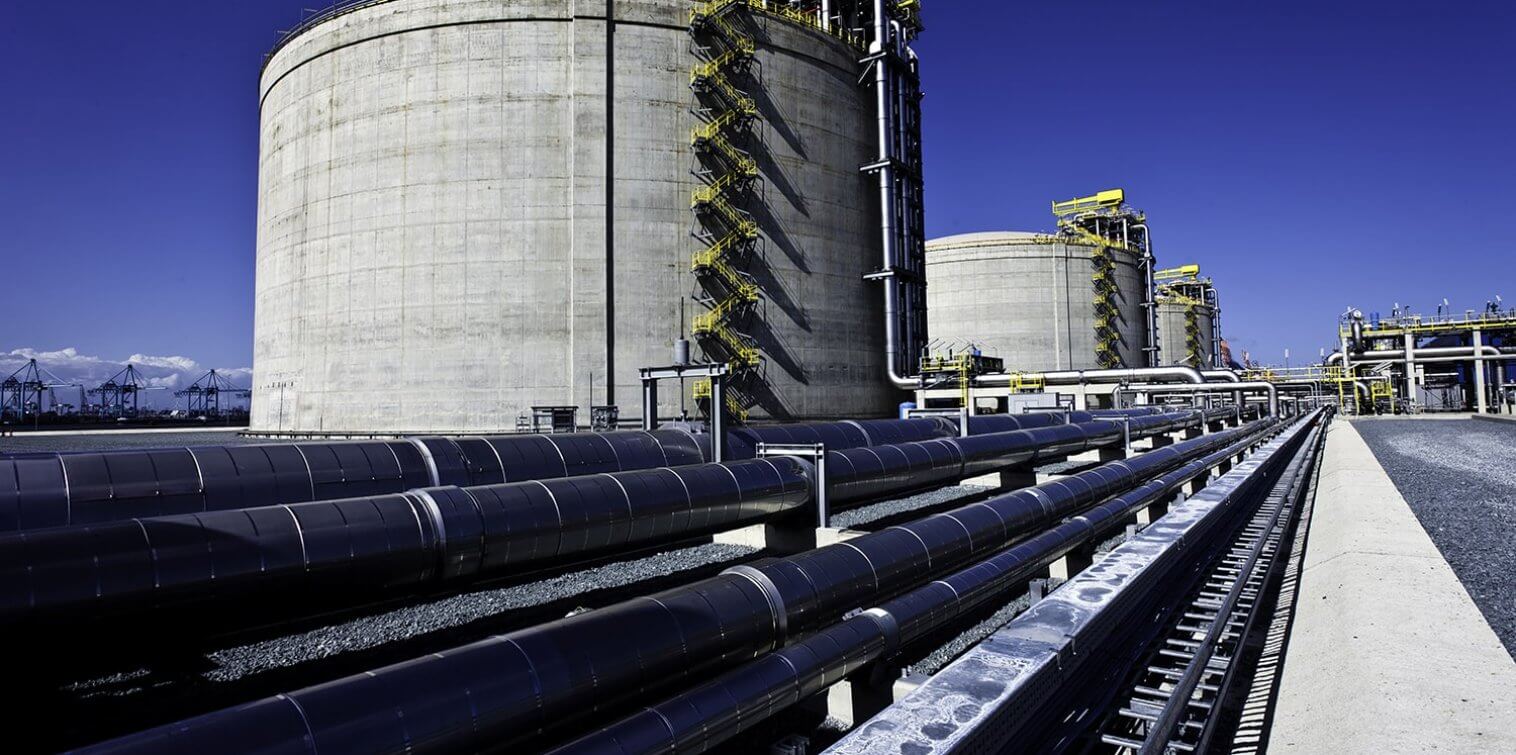 Credit: Eric Bakker
Credit: Eric Bakker
Want to learn more about how to grow as a maritime start-up or scale-up in Rotterdam? Download the White paper below.
10 tips for maritime start-upsShaping sustainable shipping: innovation, people and partnerships in Rotterdam
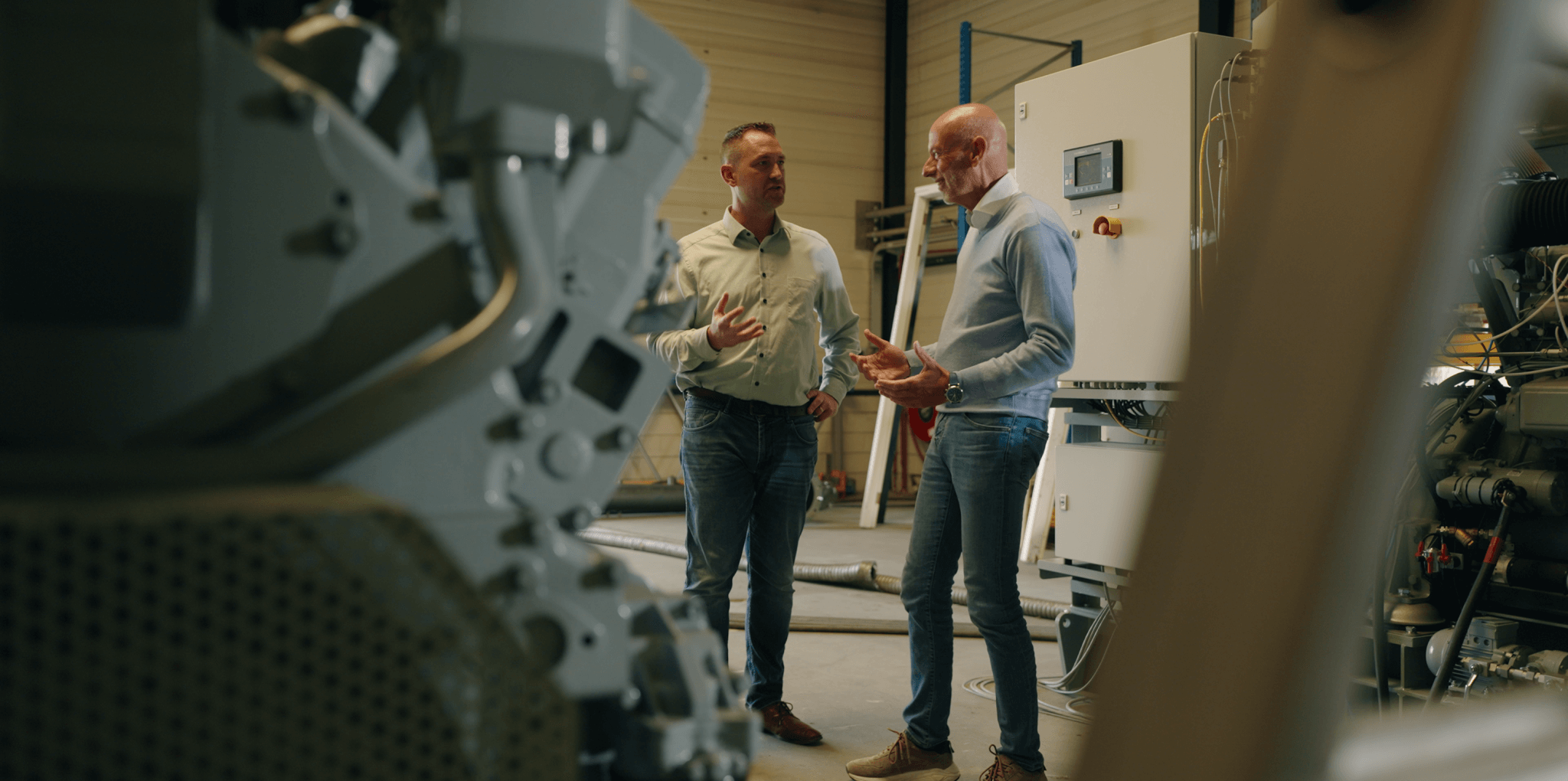

Charting her own course: Heleen Kornet on leadership, legacy and navigating a male dominated maritime world
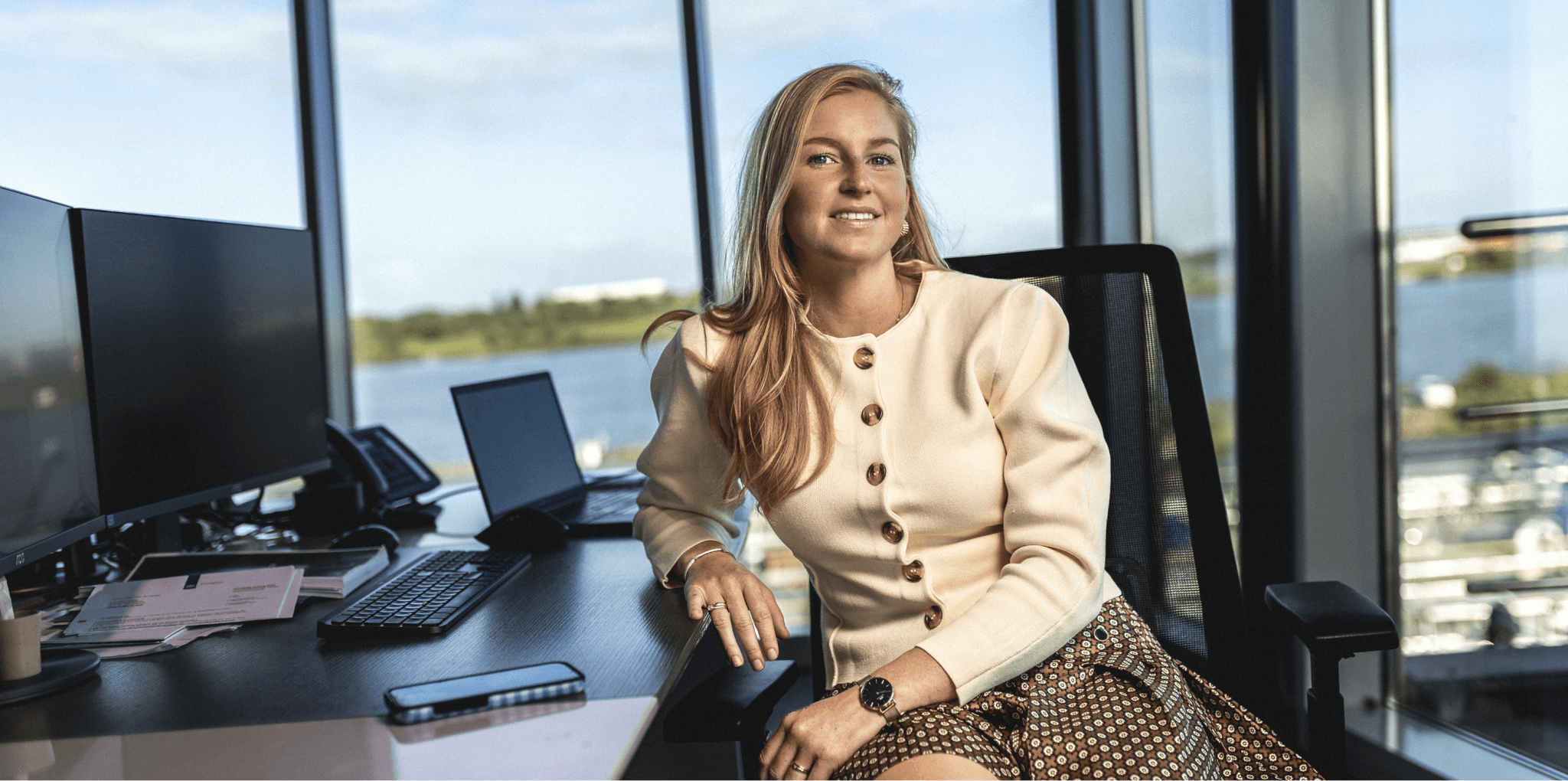

Innovating inland shipping: how Concordia Damen strengthens the maritime ecosystem from Werkendam to Rotterdam
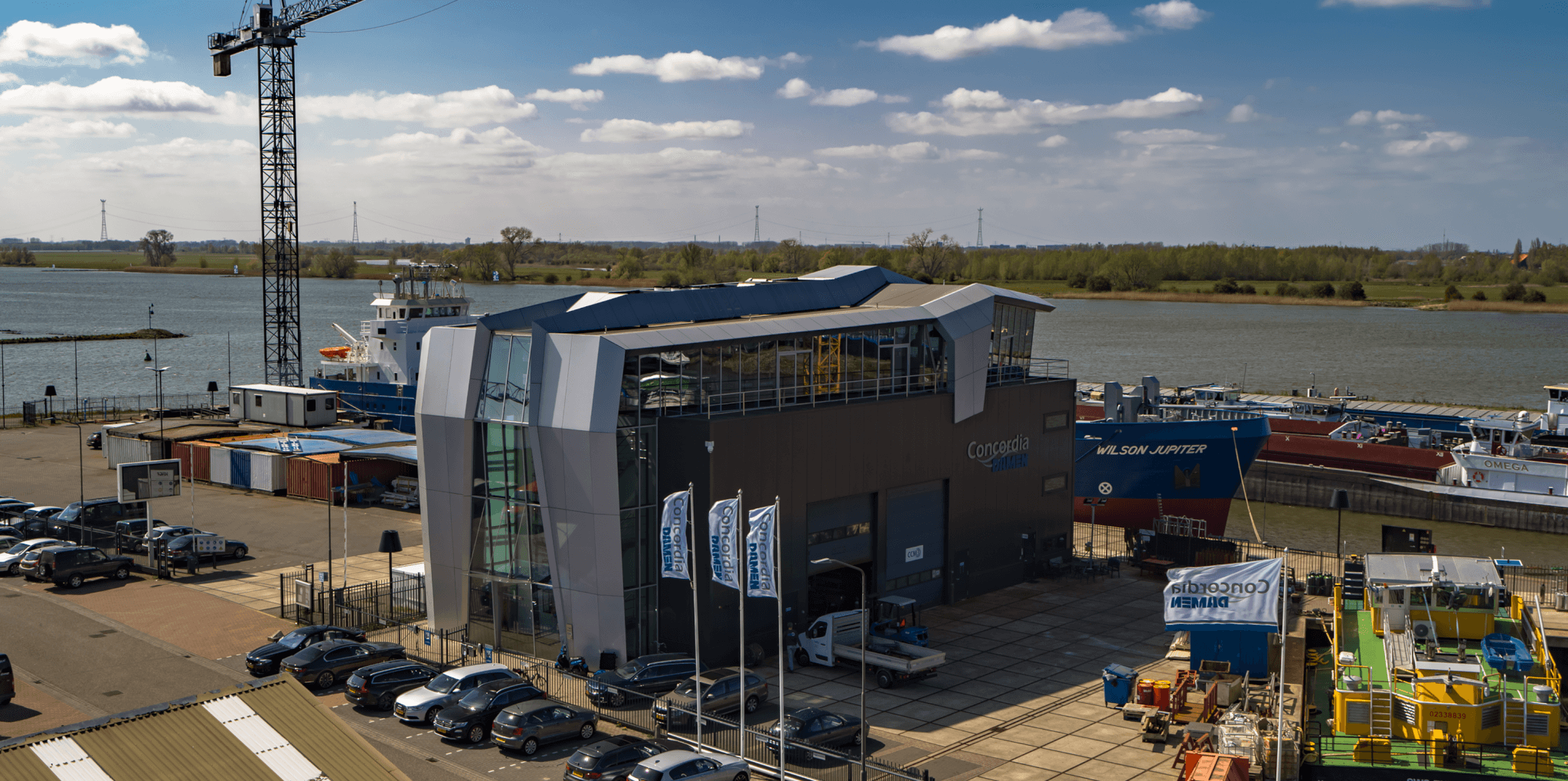

Building smart, specialised vessels: how Holland Shipyards Group turns customer questions into practical innovation
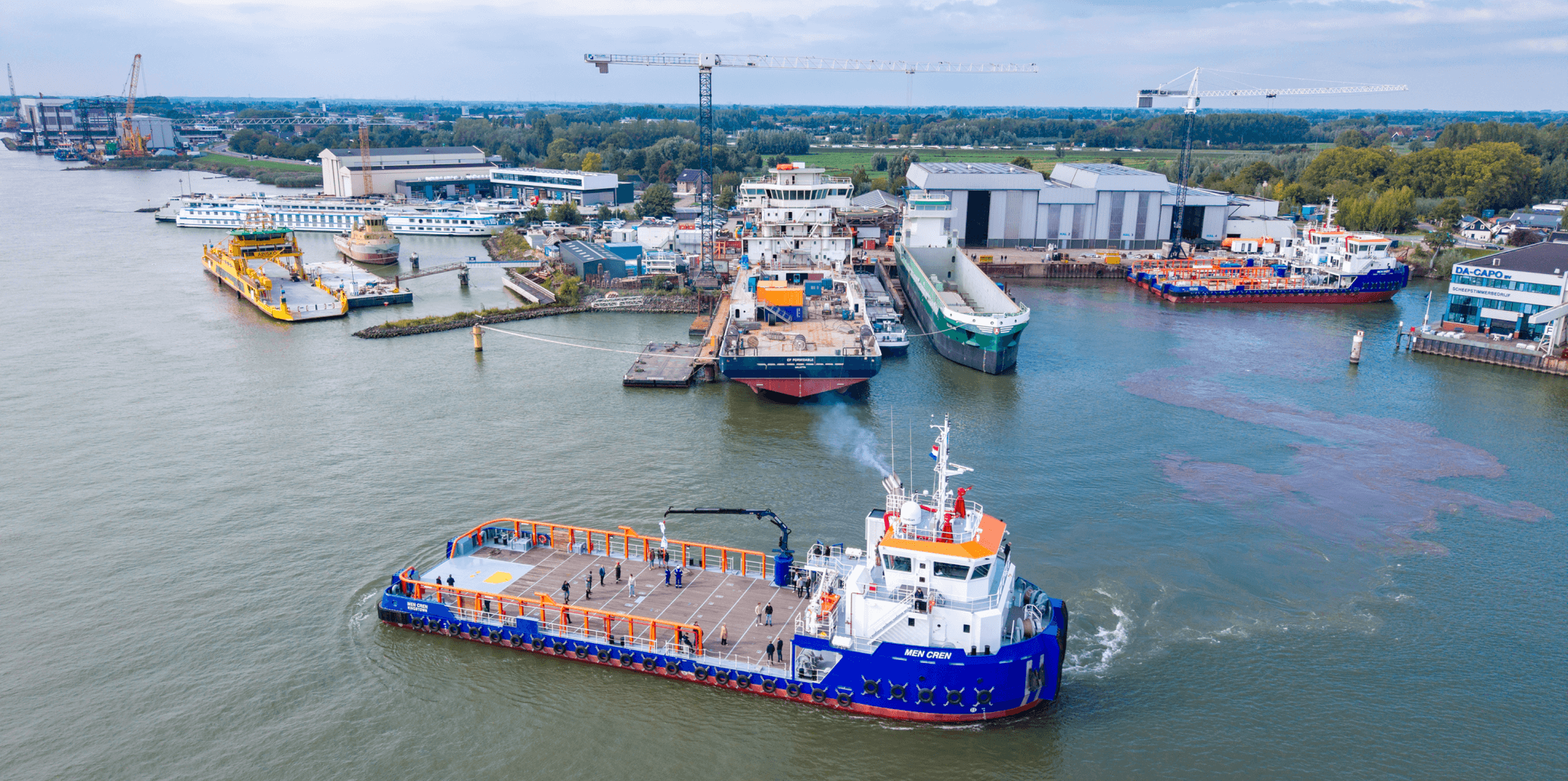

Working with trust and curiosity: Shanna van Berchum on building a career in the maritime industry
